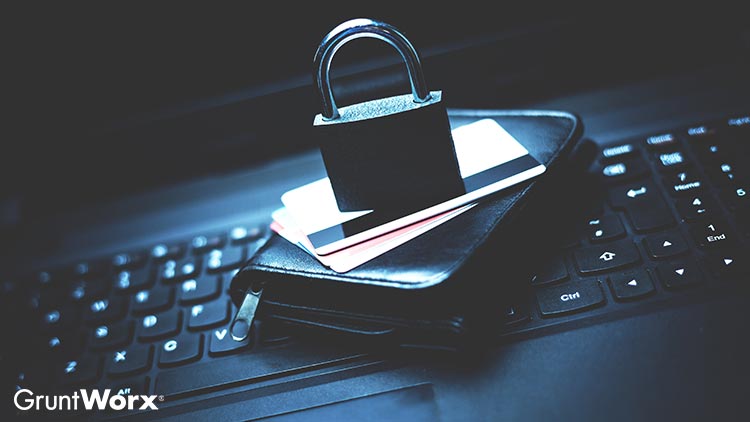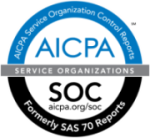
The coronavirus pandemic has been a time-bending nightmare for millions of Americans, blending days, weeks, and months into a never-ending malaise. Whether from underemployment, unemployment, or illness, the virus continues to conjure a host of crises. Making matters worse, cybercriminals have slithered into their desk chairs, ready to prey on a vulnerable public.
But we’re not alone.
State and federal agencies are working hard to address these problems, distributing vaccines and performing outreach about the latest crop of phishing scams. Specific to identity theft, the Federal Trade Commission partnered with the AARP, U.S. Postal Inspection Service, and Identity Theft Resource Center to highlight threats during the 2021 Identity Theft Awareness Week.
What topics did the FTC cover for Identity Theft Awareness Week?
The FTC covered a number of topics in live webinars held throughout the week. (One webinar included in the list of Identity Theft Awareness Week topics was technically held last week.) It may at first sound like you’re too late to the party, but don’t worry: The webinars are—or will be—available on demand from their respective hosting platforms.
The Identity Theft Awareness Week calendar of events outlines events that explain a range of issues, from general tips for avoiding phishing to specific scams that are targeting the most vulnerable among us. Here’s the list from FTC.gov, including registration links where appropriate:
- Webinar: Five Ways to Protect Veterans & Military Families from Scams in 2021
- Webinar: Ripple Effects of COVID-19 Related Identity Theft & Tips to Protect Yourself in 2021
- The FTC and Identity Theft Resource Center partner for a LinkedIn Story “takeover”
- Facebook Live: The FTC and AARP discuss identity theft
- Podcast: The FTC and Identity Theft Resource Center talk about identity theft and COVID-19
When following the above links, keep in mind that one will require a little extra legwork. After following the link, you will need to scroll down to the post that was published on Feb. 3, 2021.
What other phishing scams do I need to worry about?
The Internal Revenue Service this week also explained that identity thieves are using victims’ private information to steal unemployment insurance payments from out-of-work Americans. (Yes, these criminals truly are that shameless.) Taxpayers will know that their identity could have been stolen for this purpose if they get a Form 1099-G, Certain Government Payments, despite not having received unemployment payments.
Source:Identity Theft Awareness Week starts today, Identity Theft Awareness Week, IR-2021-24







